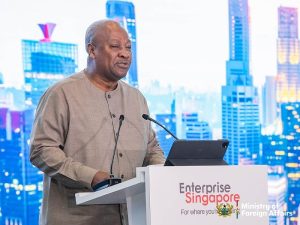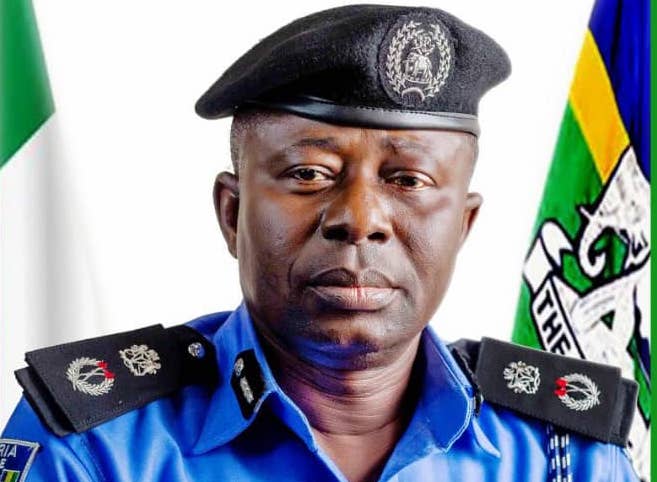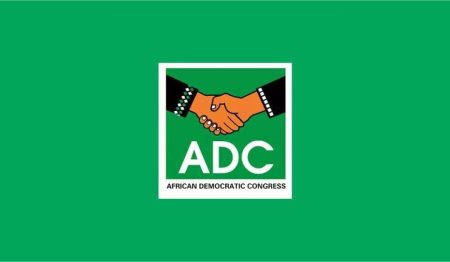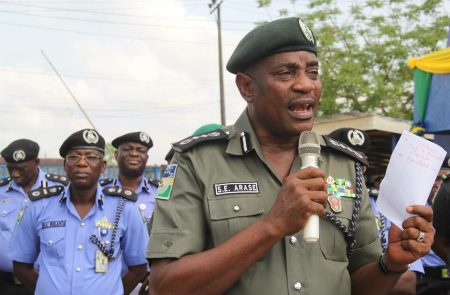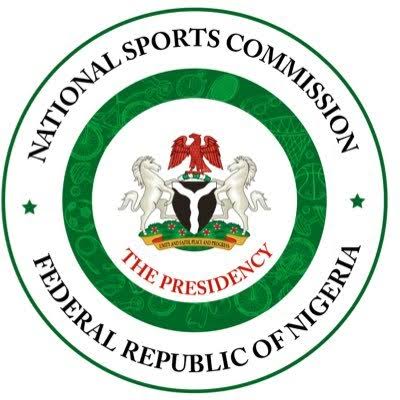Addressing Traffic Congestion in Abuja: A Comprehensive Approach by the FCT Police Command
The Federal Capital Territory (FCT) Police Command, under the leadership of Commissioner of Police, Ajao Adewale, has embarked on a comprehensive initiative to tackle the persistent issue of traffic congestion in Abuja, Nigeria’s capital city. Recognizing the significance of efficient traffic management in reflecting the city’s civility and the police force’s image, CP Adewale has implemented a multi-pronged strategy that encompasses enhanced officer deployment, stricter enforcement of traffic regulations, and a zero-tolerance policy towards unprofessional conduct by traffic officers. This comprehensive approach aims to ensure smoother vehicular movement, improve road safety, and enhance the overall public perception of the police force.
A key component of the initiative involves identifying and addressing major traffic bottlenecks across the FCT. Following a personal assessment of traffic flow during peak hours, CP Adewale pinpointed approximately 30 critical traffic hotspots. These locations, including Wuse, Area 1 Roundabout, Jikwoyi, Karu, Kurudu, AYA, Apo Resettlement, Gudu, Galadima, Dawaki, and Kubwa, represent areas requiring heightened police presence to facilitate seamless traffic flow. The strategic deployment of traffic officers to these identified hotspots aims to proactively manage traffic, prevent congestion, and ensure efficient movement of vehicles throughout the city.
Beyond strategic deployment, the CP has emphasized the critical role of traffic officers in projecting a positive image of the police force. He stressed the need for officers to maintain a high level of professionalism, discipline, and ethical conduct in their interactions with the public. This includes upholding a neat appearance, reporting punctually for duty, promptly clearing road obstructions, and taking decisive action against traffic violators, such as those driving against traffic or engaging in indiscriminate picking and dropping of passengers. By adhering to these standards, traffic officers can contribute significantly to enhancing public trust and confidence in the police force.
Furthermore, CP Adewale has unequivocally condemned unprofessional practices exhibited by some traffic officers, particularly the dangerous and unethical acts of jumping into moving vehicles or attempting to seize control of steering wheels from drivers. Such actions, he asserted, are unacceptable and detrimental to the image of the police. They not only compromise road safety but also erode public trust and confidence in law enforcement. The CP’s strong stance against these practices underscores his commitment to ensuring that traffic officers operate with the highest level of professionalism and respect for the rights of motorists.
To ensure effective implementation and monitoring of these directives, the CP launched “Operation Keep Traffic Flowing.” This operation involves the establishment of a dedicated surveillance team tasked with observing the activities of traffic officers and ensuring compliance with the outlined guidelines. Any officer found violating these directives will face disciplinary action. This proactive monitoring mechanism aims to maintain accountability within the traffic police unit and ensure that officers adhere to the highest standards of professionalism and ethical conduct.
The CP has also called upon residents of the FCT to play their part in ensuring smooth traffic flow. He urged them to obey traffic regulations, respect traffic officers on duty, and refrain from offering inducements, which are illegal. He emphasized that collaboration between the public and law enforcement is crucial for achieving the desired outcomes of improved traffic management and road safety. By working together, residents and the police can create a safer and more efficient transportation system for everyone.
In his address to the Divisional Traffic Officers, Motor Traffic Police, and other operatives, CP Adewale reiterated the importance of traffic management as a key indicator of a city’s civility. He emphasized that traffic officers serve as the primary interface between the police and the public, and their conduct directly influences public perception of the entire force. Therefore, he urged officers to embrace a renewed sense of duty and professionalism in their approach to traffic management. This, he believes, will contribute significantly to enhancing the image of the police force and fostering a more positive relationship with the community. The combined efforts of enhanced deployment, stricter enforcement, ethical conduct, public cooperation, and proactive monitoring are expected to contribute significantly to alleviating traffic congestion and enhancing road safety within the FCT.




